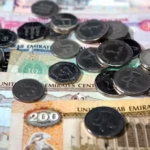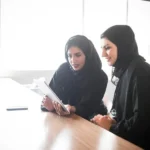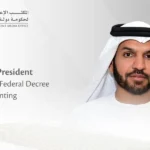The Centre has been instructed by the Supreme Court of India to determine whether to permit a delegation, which includes representatives of the Kerala cleric implicated and members of the Save Nimisha Priya International Action Council, to travel to Yemen in order to negotiate a pardon with the victim’s family. Before any blood money payment can take place, these discussions—which are crucial under Islamic qisas law—seek to bring about a pardon through forgiveness.
The Justices Vikram Nath and Sandeep Mehta-led Supreme Court bench stressed that only Nimisha Priya’s family should have these delicate conversations through their power of attorney. Given India’s travel restrictions to the Houthi-controlled zone, Attorney General R. Venkataramani said that outside organisations are unlikely to be successful and that the MEA must explicitly approve any travel to Yemen.
Following appeals by religious leaders such as Grand Mufti Kanthapuram AP Aboobacker Musaliyar and Yemeni scholar Sheikh Habib Omar, the execution—originally set for July 16—has been postponed. These middlemen apparently helped to facilitate negotiations that produced encouraging results.
However, the victim’s brother remains firm in his refusal of any pardon, insisting on carrying out the death sentence as per Islamic law. Meanwhile, the government continues to engage with friendly nations, local authorities, and provide consular and legal support








